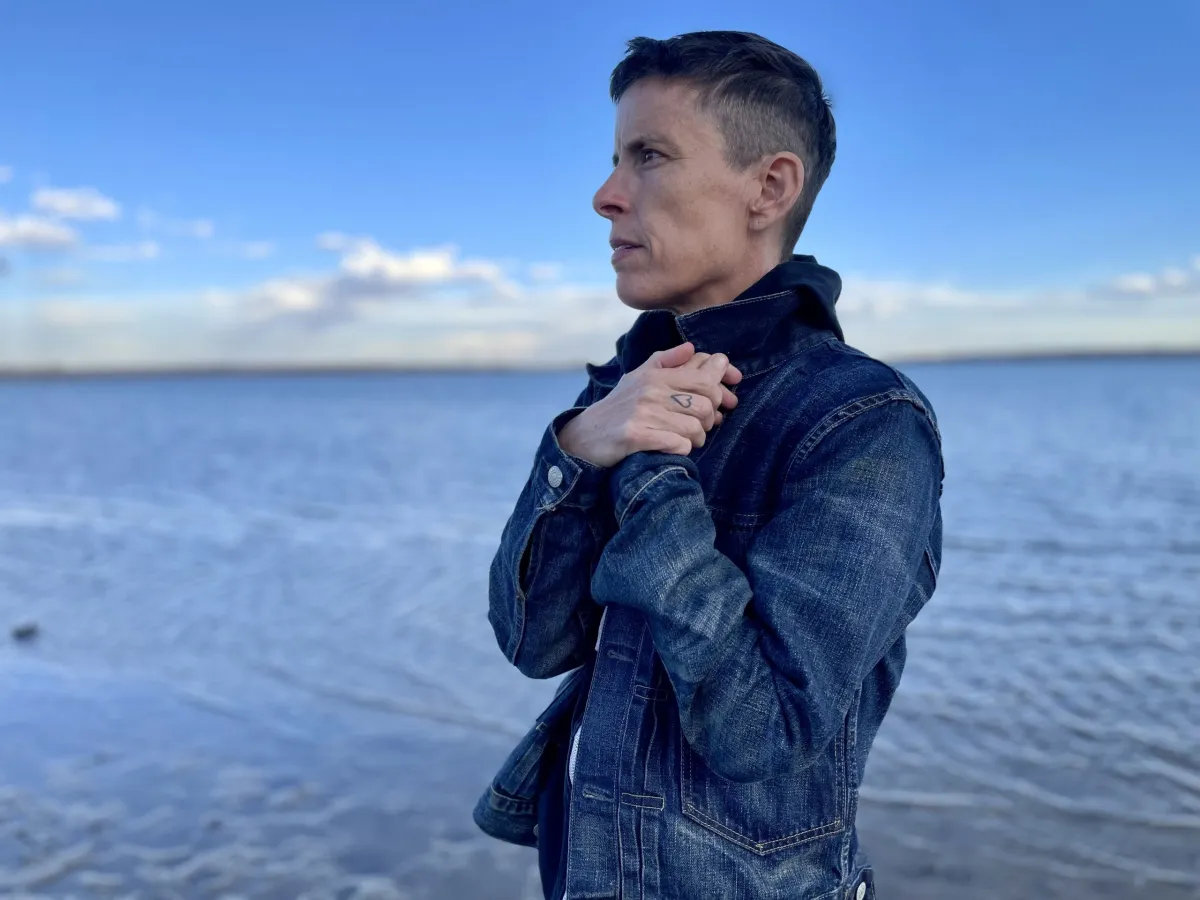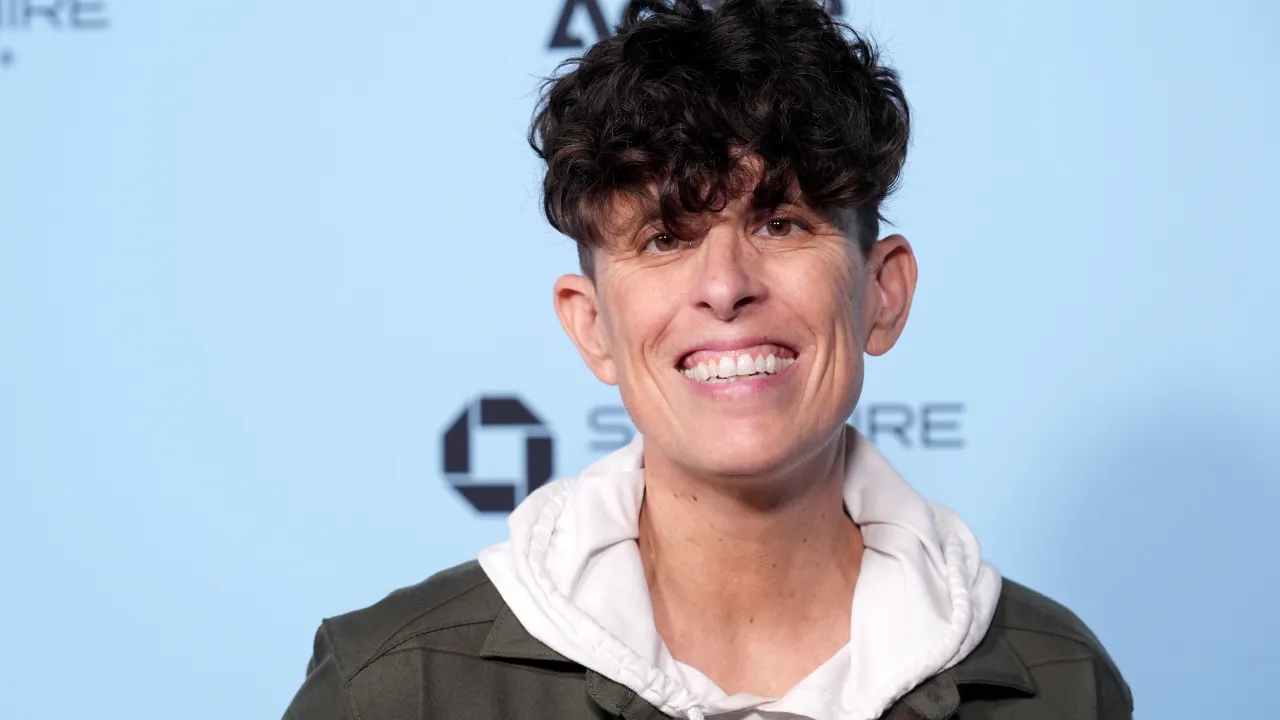Andrea Gibson, a renowned poet and performance artist, passed away at age 49 following a four-year battle with terminal ovarian cancer. Known for their poignant exploration of gender identity, politics, and mortality, Gibson became a beacon for marginalized communities, especially within the LGBTQ+ world.
Their death was announced by their wife, Megan Falley, who also co-starred in the acclaimed documentary Come See Me in the Good Light, chronicling their shared journey through illness and love. The film, which won the Festival Favorite Award at Sundance and will air on Apple TV+ this fall, captures Gibson’s unwavering spirit even in the face of death.
A Poetic Farewell Surrounded by Love, Leaving Comfort and Courage in Their Words
Gibson passed away at home in Boulder, Colorado, surrounded by loved ones, including their wife, family, friends, and three dogs. Their final days were described as both painful and profoundly moving, filled with connection and love.
Their poetry—especially recent works like Love Letter from the Afterlife—offered solace and clarity about death, portraying it not as a departure but as a transformation. “Dying is the opposite of leaving,” they wrote, echoing their lifelong commitment to staying present through language and emotion, even in their final moments.

Tributes flooded social media as fans, fellow poets, and everyday people remembered the impact Gibson’s work had on their lives. For many in the LGBTQ+ community, Gibson’s poetry was a lifeline that helped them embrace their identities. Cancer patients and those grappling with terminal diagnoses found comfort in Gibson’s raw yet hopeful verses.
Stories like that of Linda Williams Stay and her son Aiden illustrate this deeply personal impact: Gibson’s performances and writings not only strengthened their bond but also supported them through gender identity revelations and cancer diagnoses.
A Legacy of Resilience, Activism, and Art That Continues to Inspire Generations
Born in Maine and later settling in Colorado, Gibson spent the last two years serving as Colorado’s poet laureate. They authored several beloved books, including You Better Be Lightning and Lord of the Butterflies, which blended fierce activism with tender introspection.
Public figures like Colorado Governor Jared Polis and comedian Tig Notaro highlighted Gibson’s rare talent for making personal struggles feel universal. Notaro, who knew Gibson for over two decades, compared their performances to witnessing a rock star—authentic, powerful, and unforgettable.
Andrea Gibson’s poetry was often rooted in struggle—be it political, personal, or existential. Yet, their words always returned to themes of resilience, healing, and love. In one poem, Gibson wrote, “When I realized the storm was inevitable, I made it my medicine,” encapsulating their transformative outlook on suffering.
Whether exploring what comes after death or what it means to live authentically in this life, Gibson’s legacy continues to inspire. Their words remain a source of comfort, clarity, and courage for generations to come.


